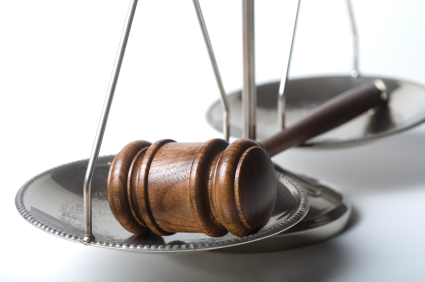I’m pleased to report that the judge agreed with our arguments and those of the Electronic Frontier Foundation/Digital Media Law Project of Harvard Law School and denied Gina Crosley-Corcoran’s motion to dismiss my lawsuit. The case will be going forward in Massachusetts.
EFF makes the valid point that even a two-week improper removal of lawful speech from the public domain “‘causes significant injury . . . where time-sensitive or controversial subjects are involved and the counternotification remedy does not sufficiently address these harms.’
And:
Because, for present purposes, “a knowing and material misrepresentation” is adequately pled, defendant’s motion to dismiss is DENIED.
You can read the full opinion here:


